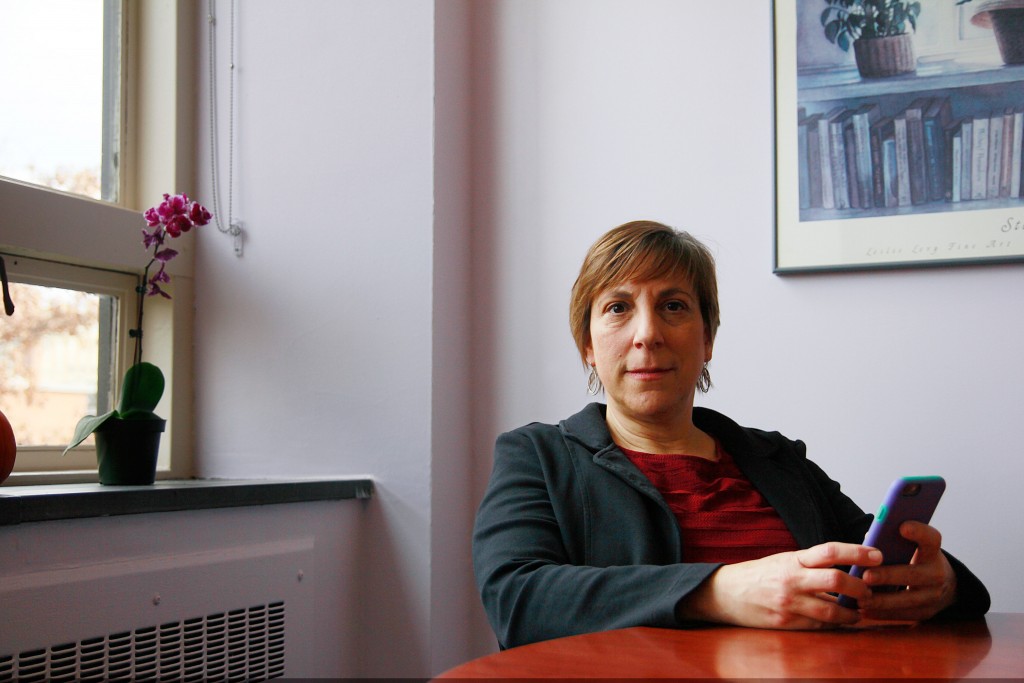
The period at the end of this sentence is now Binghamton University professor Celia Klin’s claim to fame.
Klin, an associate professor of psychology and the associate dean of Harpur College, conducted research two years ago examining how people comprehend text messages differently than other forms of language. It was composed of a random group of 120 students, who were given both a text and a written exchange and then asked to rate it on its sincerity.
According to Klin, the research was very simple.
“We simply gave people what looked like texts with short exchanges like, ‘would you like to go out to dinner tonight’ and the person would respond, ‘yep,’ ‘yes,’ or ‘okay,’ and we would ask them to rate the sincerity,” Klin said. “Half of the subjects saw responses with a period and half of them saw responses without a period.”
The exchanges were rated on a scale from one to seven, one being the least sincere and seven being the most sincere. Using this as a metric, they found that text messages with a period were found to be more formal and less sincere. According to Klin, this research is an important step in understanding how people communicate. Klin said that since texting is currently such a widespread form of communication, it is important for people to understand the nuances of it.
“If we’re interested in how people understand language, which to me is fascinating, we need to be looking at all kinds of language,” Klin said. “We want to be able to understand language how it’s actually used, and a lot of us spend most of our time communicating in electronic form.”
According to Danielle Gunraj, a fourth-year graduate student studying psychology who worked with Klin, texting is a common use of communication but research on it is rare.
“Texting presents a chance to watch language evolution as it’s happening,” Gunraj said. “It’s somewhat of a hybrid between spoken and written language, maintaining features of both. Not too many researchers seem interested in it and even fewer are doing the research on it.”
In the past week, Klin’s research has received international attention. Klin’s study has been featured on NBC’s TODAY, CNN, National Public Radio, BBC and media outlets in Australia. According to Klin, the media notoriety was never anticipated.
“This has been a wild and weird week,” Klin said. “It was a really modest paper and when we got it published we assumed whoever read the journal would read the paper and think it was an interesting first step. It never occurred to me that it would go viral.”
Many outlets are saying that using a period is rude, which Klin explained is not what their research concluded. She said she had originally thought the study would be a stepping stone for more research and not the widely read conclusion that it has become.
“Our research concluded that for these particular types of communication they were less sincere,” Klin said. “With the one word responses of ‘yep’, ‘yes’ and ‘okay’ the period made it seem more formal and less sincere. My normal life is much quieter than this — I’m not usually in this kind of demand. I sit at my desk, do my work and teach my classes.”


